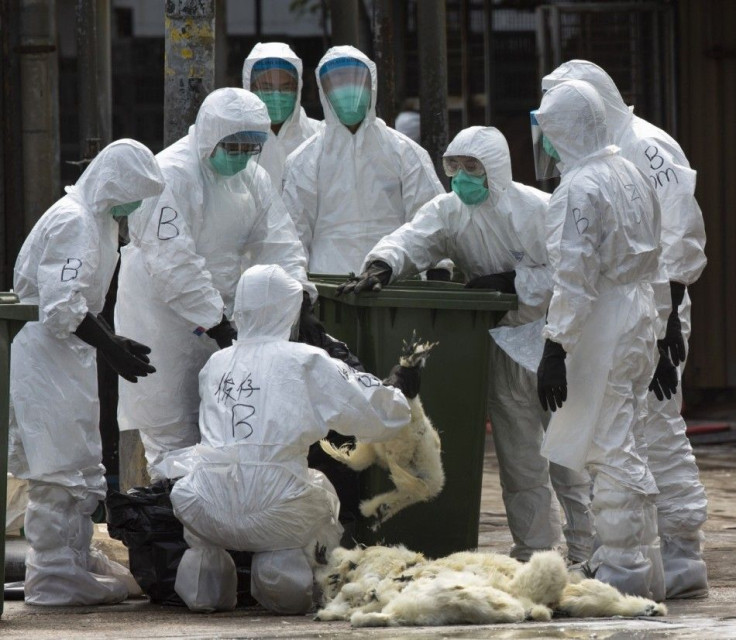Canada Has Bird Flu Virus, 7 Countries Ban Poultry From B.C.

A highly contagious H5N2 strain of the avian bird flu virus has infected at least 140,000 poultry in Canada. Seven countries have now placed restrictions against importing poultry or poultry products from B.C. or Canada. These include the United States, Japan, South Korea, Taiwan, China, South Africa and Mexico.
Officials from the Canadian Food Inspection Agency, or CFIA, over the weekend, said a fifth farm in British Columbia's Fraser Valley had been placed under quarantine. All turkeys and chickens from the affected farms will be euthanized, it added.
The dreaded H5N2 strain of the avian bird flu virus was first detected a week ago on a broiler-breeder chicken farm in Chilliwack. About 1,000 of the chickens died from the virus.
Dr. Harpreet Kochhar, Canada's chief veterinary officer, said they have yet to determine the source of the bird flu virus as the current focus is to contain the spread of infection to other healthy poultry. He suspects, though, the infection could have come from wild or migratory birds. Dr. Jane Pritchard, B.C. chief veterinary officer, confirmed there had been movement of birds between some of the infected five farms.
Mike Dungate, executive director of the Chicken Farmers of Canada, quoted by the Globe and Mail, said much of the avian bird flu virus crisis still centers in B.C. Other provinces have yet to feel the impacts of the outbreak in that province. "People are on - I wouldn't say high alert, but they're on alert," he said.
He also clarified that only poultry from B.C. were banned by the affected countries. About only six or seven percent of Canada's poultry produce gets exported. When it does, half of that goes to the U.S., Taiwan and the Philippines. Of the three, the Philippines has not imposed any restrictions, Dungate said.
The CFIA urged poultry farmers to apply strict biosecurity measures on their property so as to protect their flocks. They were also told to immediately report any suspicious symptoms to the CFIA via its website at inspection.gc.ca.
Avian influenza viruses do not pose risks to food safety as long as poultry and poultry products are properly handled and cooked. It rarely affects humans that do not have consistent contact with infected birds.





















